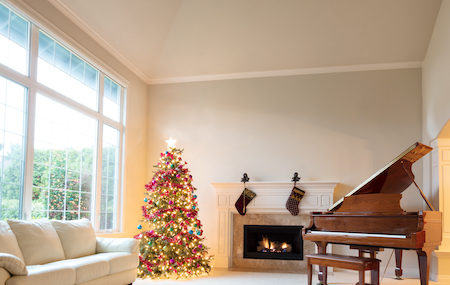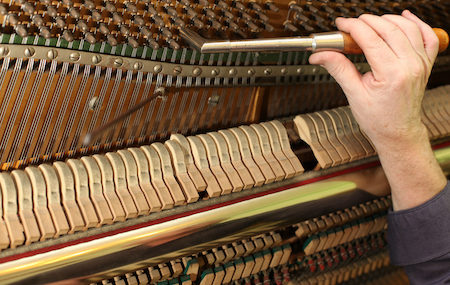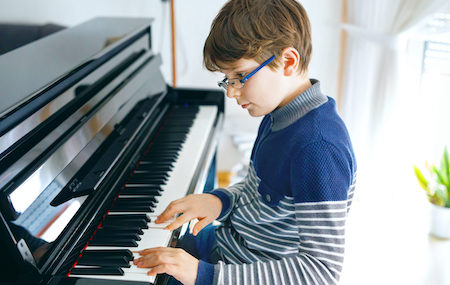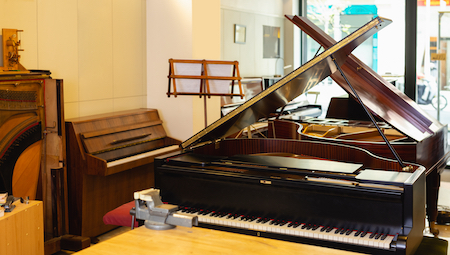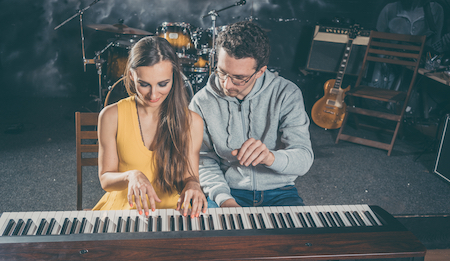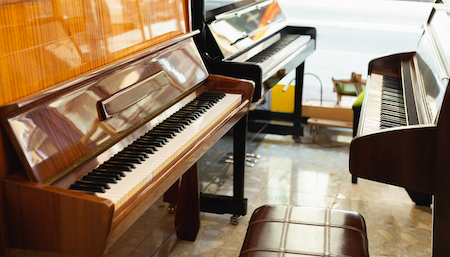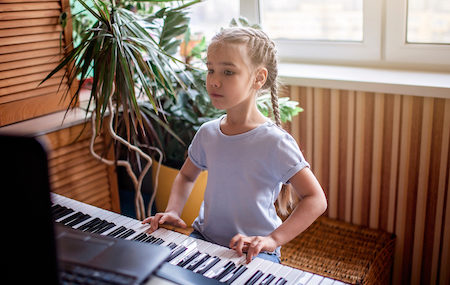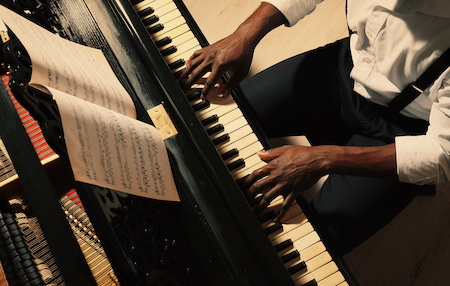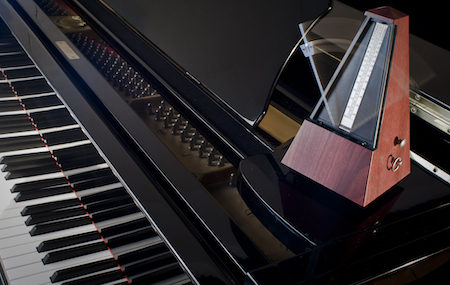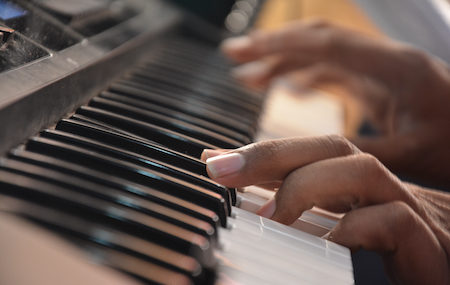You’re in the market for a new piano. You’re excited to bring music into your home.
But where is the perfect spot for your new piano? There are many factors that can affect your choice.
Count your steps
A piano isn’t something you can move into place yourself. If you try and move it with a buddy, you’ll find just how bulky and heavy they are. You can risk damaging the piano, and injuring yourself.
Hiring a piano mover is your best choice to get the job done the right way the first time. Be aware that expenses increase with more difficulty. If they have to navigate staircases, maneuver around walls and obstacles, it takes more time and dedication. The closer you can get to the front door, the better.
Avoid humidity, moisture, and sunlight
Most people place their new pianos on display. You want it in a room where it will be noticed and get played. However, sunlight isn’t good for a piano. It can dry out the wood, causing it to crack.
A dark, damp basement isn’t a good choice either. If mold and mildew can creep up, it will impact playability. Moisture can warp wood and cause wire and metal to rust.
While pianos may have a large presence, they are delicate by nature. They do best in a room with very little change, preferring a temperature around 70 to 72 degrees.
Acoustics
A piano will change tone based on the quality of the room. High vaulted ceilings will amplify the sound, whereas low ceilings with drapery and wall decor will muffle the tonal quality.
When you’re finalizing your decision on what piano to buy, ask about sound qualities for where you’re considering placing it. Pianos will sound differently in your home than on the showroom floor. Small changes can have a huge impact.
If you have a spot for your piano, play around with the decor. Add an area rug. Or remove it and let it rest on the hardwood floor. Test out the sound and come up with an ambiance that works perfectly to amplify the sound.
Where’s the perfect spot for your new piano?
